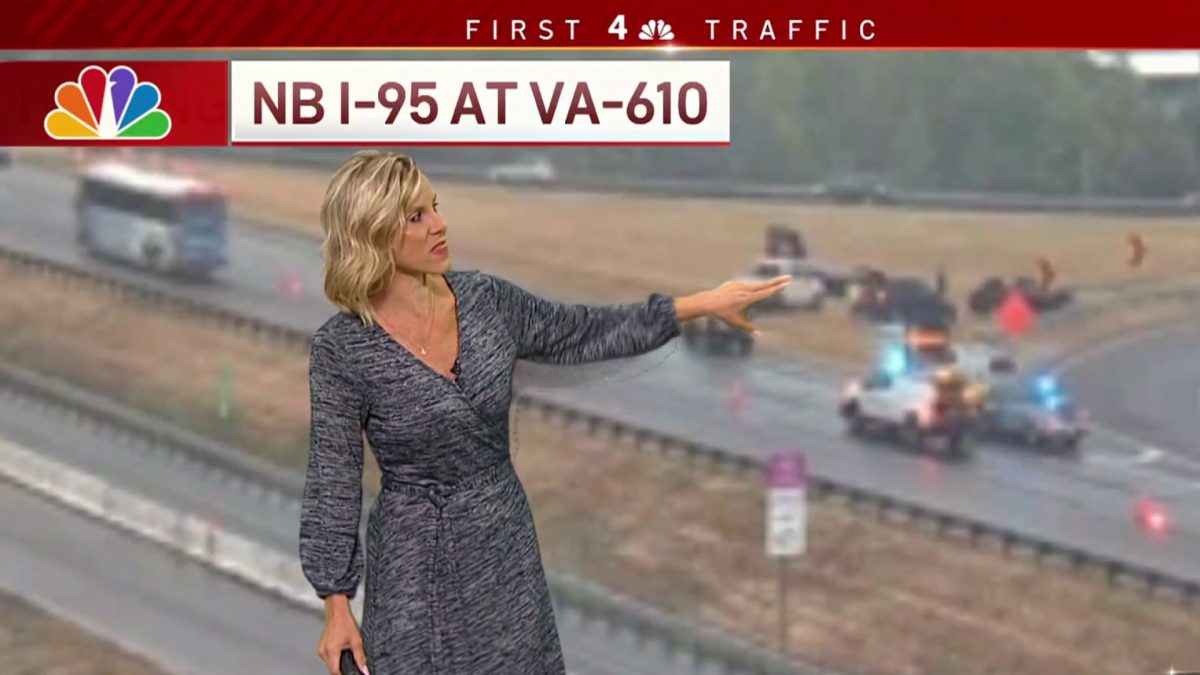When it comes to Alex Simbana's daughters’ education, she depends on D.C. Public Schools to get it right. But when she reviewed this year’s proposed school budget, Simbana thought the numbers had to be wrong.
Under Mayor Muriel Bowser’s initial budget proposal, their school -- Takoma Elementary – lost $256,000 compared to last year’s budget.
"Any loss of funding means positions; means people,” Simbana said of the Title 1 school in Ward 4. “And every single person in that building does two or three jobs already."
Simbana said the proposed cuts were surprising as Takoma has gained students in recent years. But that isn’t the only reason she was taken aback.
We're making it easier for you to find stories that matter with our new newsletter — The 4Front. Sign up here and get news that is important for you to your inbox.
“I thought it was a mistake,” Simbana said, adding she thought “there was no way that, after there is a law in place, that we would purposefully break the law and take more away from students."
By law, she means D.C.’s Schools First in Budgeting Act -- legislation passed last year by the D.C. Council that requires DCPS to maintain a school's funding level unless enrollment steeply drops.
But Bowser’s initial budget was criticized by many parents and education advocates earlier this year because – despite boasting a roughly 5% increase to the city’s per-pupil spending formula – it slashed many schools’ overall budgets.
Local
Washington, D.C., Maryland and Virginia local news, events and information
As a result, "the amounts that the schools' got came nowhere near” what was expected under the new law, said Mary Levy, who has been tracking DCPS budgets for decades.
Levy’s analysis of the initial budget proposal shows 58 of D.C.’s 116 traditional public schools would get less money next year, with those schools projected to lose between around $11,000 to more than $550,000.
At the same time, Levy said, her analysis shows nearly half of those schools are expected to gain students.
D.C. Council Chairman Phil Mendelson blasted school leaders for willfully ignoring the law he says was designed to bring stability to school funding. According to his team, 79 schools’ budgets do not comply with the new law.
He’s vowed to restore the cuts by moving millions from the school’s central office back to the schools when the council finalizes its annual budget next week.
"The mayor and the chancellor chose to disregard” the law, Mendelson told the I-Team. “They just simply said, ‘We're not going to comply with it.'”
School officials haven’t disputed they aren’t in compliance with the law, noting some schools are seeing a decline in their budget if they’ve lost students, are serving lower needs students or due to the ramping down of one-time federal relief funds. And they’ve said no school is seeing more than a 5% cut to last year’s overall budget.
D.C. Deputy Mayor for Education Paul Kihn told the I-Team the law isn’t sustainable “because it only allows school budgets essentially to go up."
Despite those concerns, the mayor didn’t veto the bill, and Kihn said he didn’t encourage her to, telling the I-Team, “I didn’t weigh in on that question.”
In a lengthy interview with the I-Team, Kihn explained DCPS bases its budget on each student – instead of per school – and directs additional money toward at-risk students, as those students tend to have greater learning needs.
"What we're trying to ensure is that students with the greatest needs get the greatest amount of money,” he said.
He continued that, while the Schools First bill allows DCPS to reduce a school’s budget if a school’s enrollment drops, it doesn’t allow it to the degree he said is necessary.
“You’d have to lose a lot of kids in the same grade, in the same school” to make the allowable budget cuts, he said.
In a contentious February hearing, an exasperated Mendelson pushed back on that argument, saying, “Your model is more complicated than this is, and yet you’re saying this is too complicated. That’s really irritating.”
Now, the Council is expected to finalize its budget and move roughly $24 million from DCPS’s central office budget and direct it toward the schools slated to lose money.
Kihn called the cuts “dramatic and arbitrary reductions to vital services” that will slow the school district’s ability to hire teachers or procure necessary school resources.
Still, Kihn said the district will adhere to the final budget, but left open the possibility the District will challenge the law in court as it may violate the District’s Home Rule Act.
In the meantime, Simbana said her daughters’ school is bracing for a smaller staff next year as the budget cuts settle in.
"The city does have plenty of money,” she said. “We just need to show where our priorities are."
Reported by Ted Oberg, produced by Katie Leslie, and shot and edited by Steve Jones and Jeff Piper.
Sign up for our Breaking newsletter to get the most urgent news stories in your inbox.



